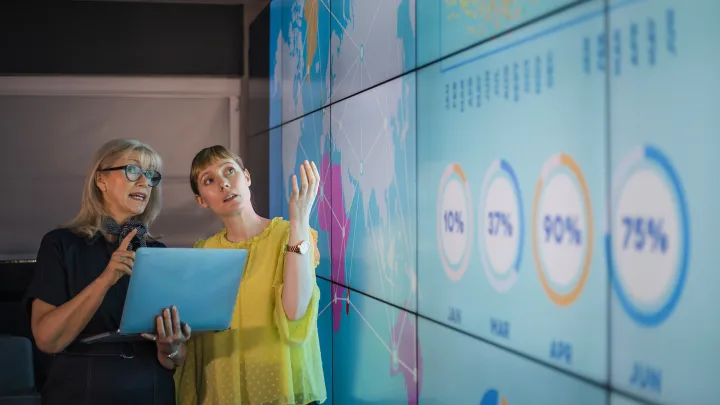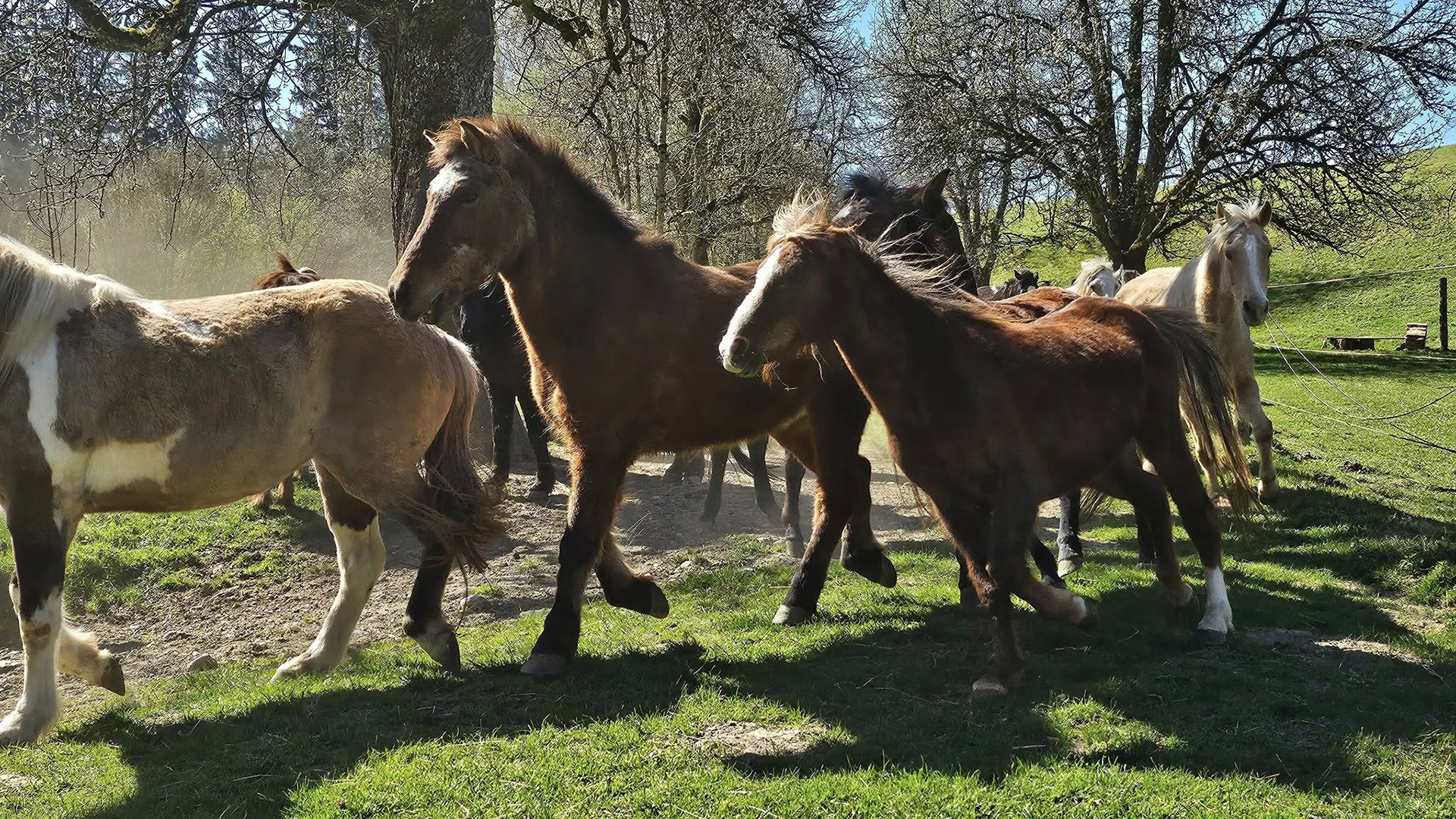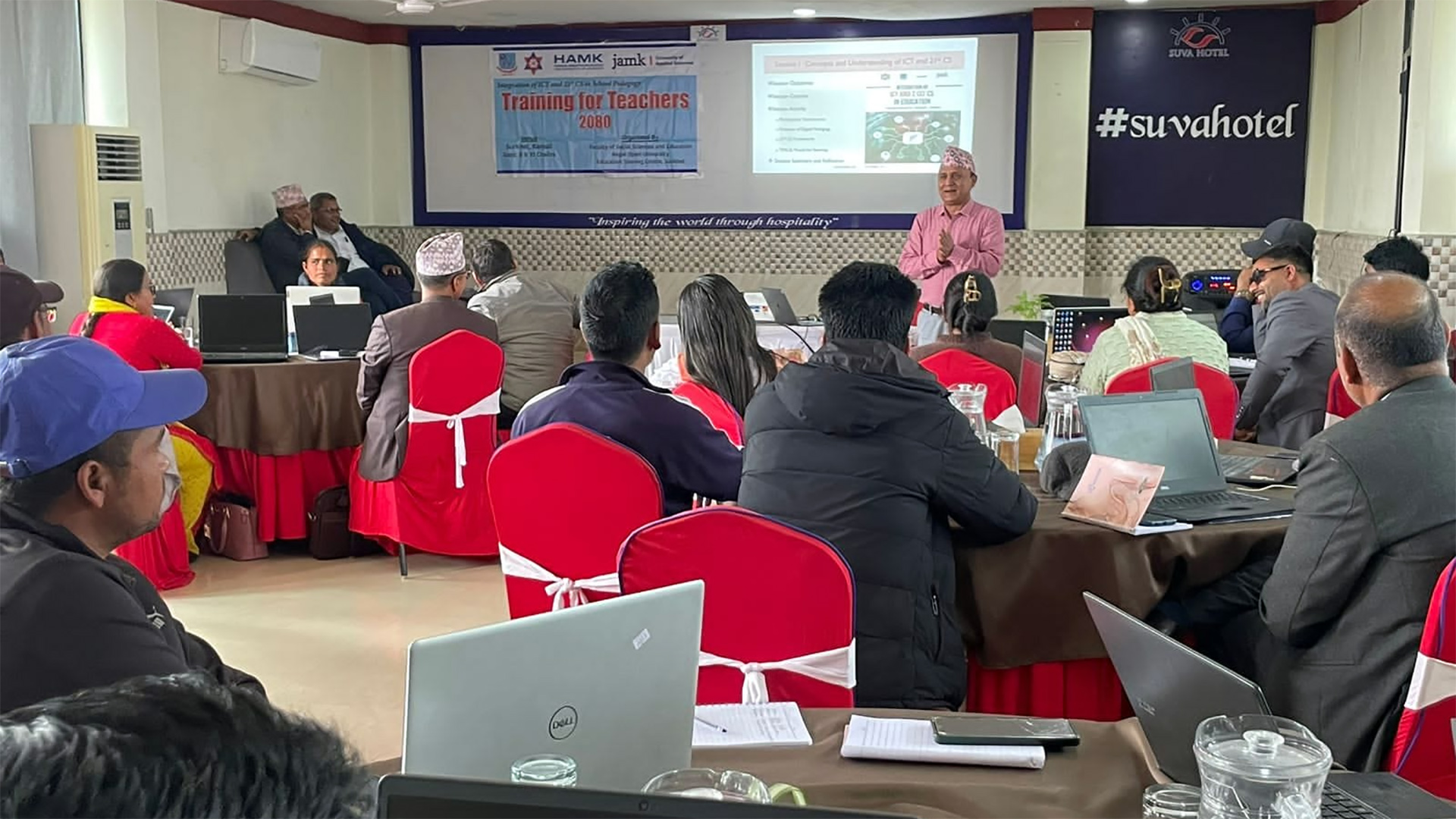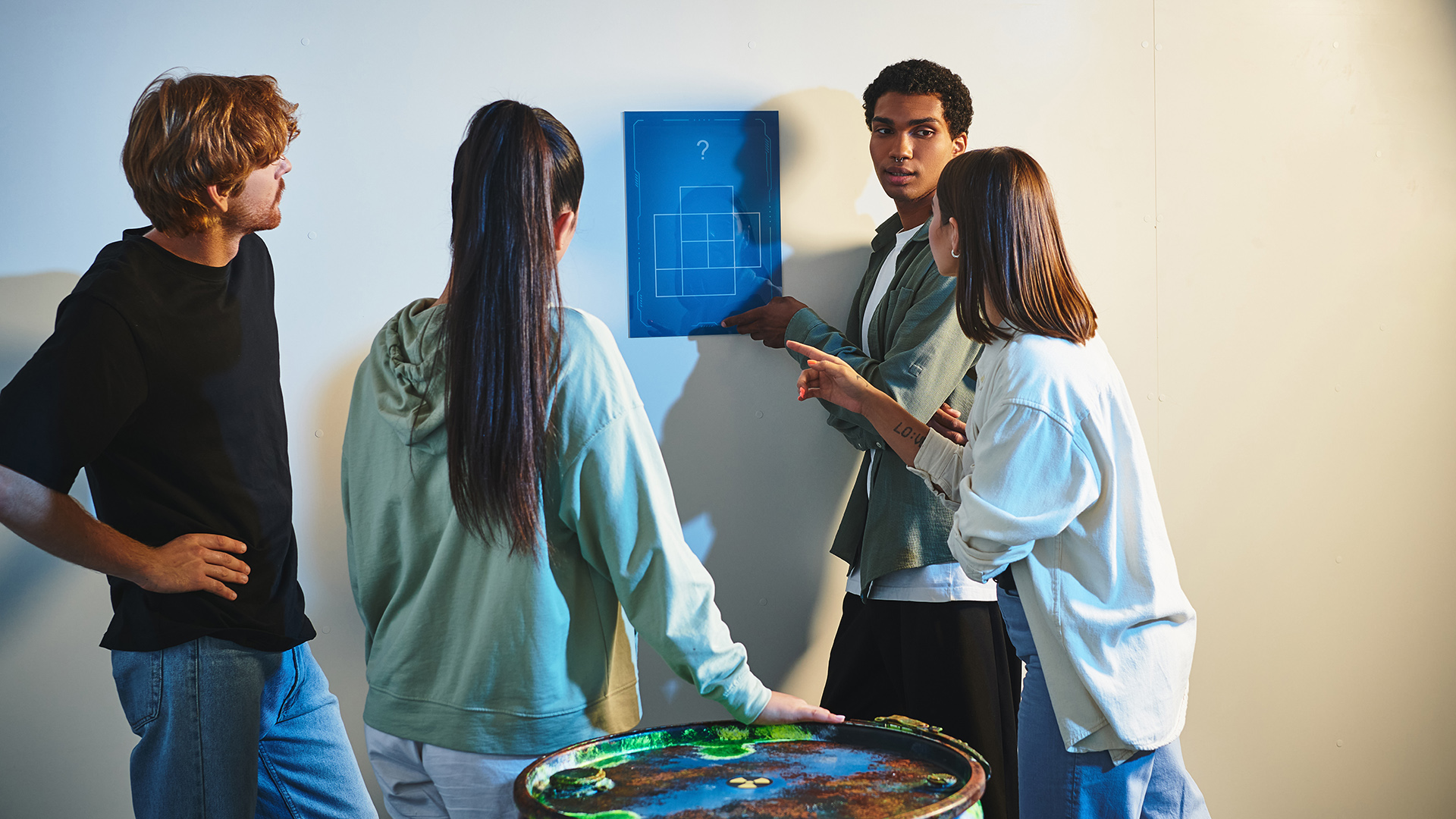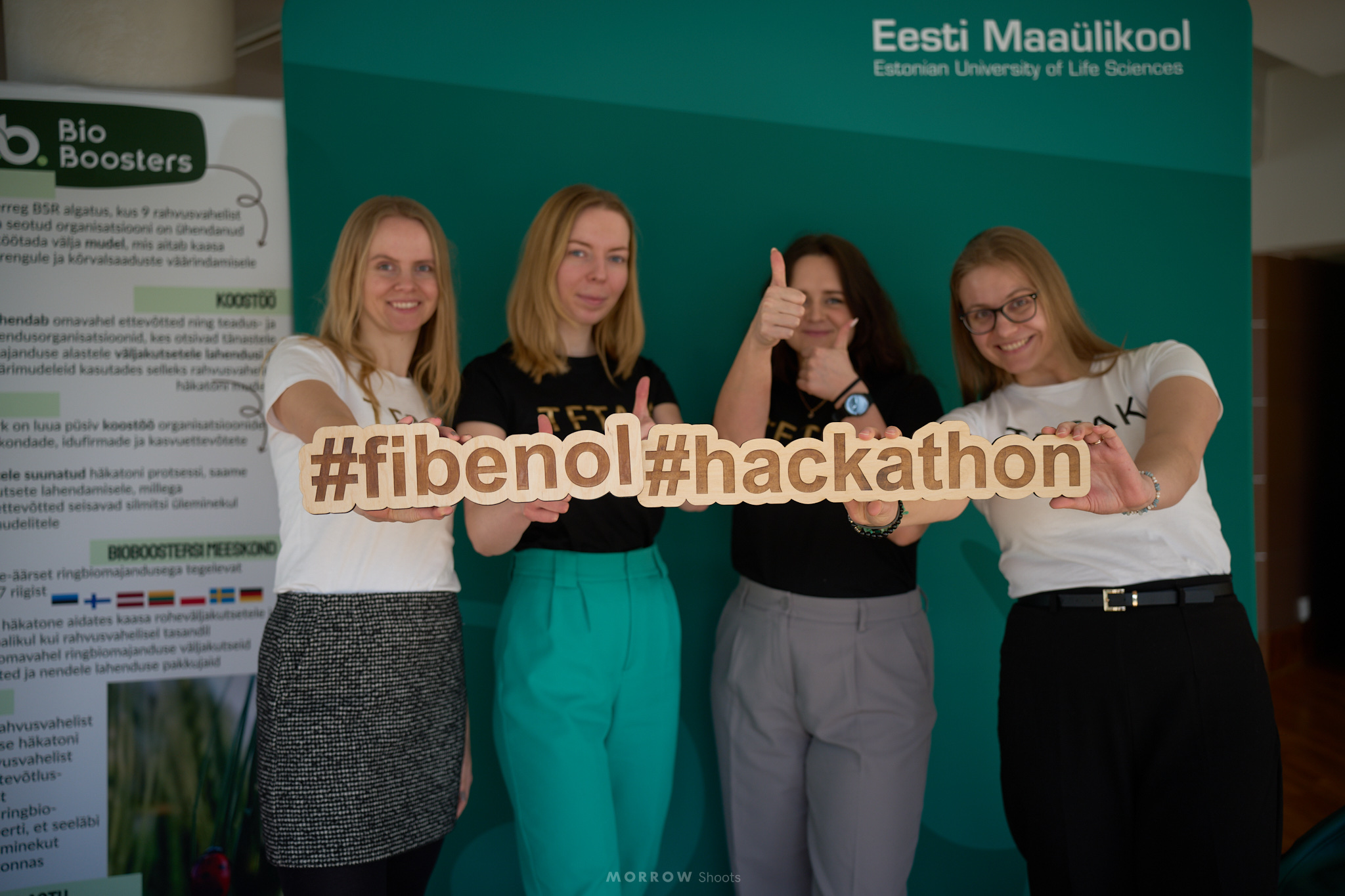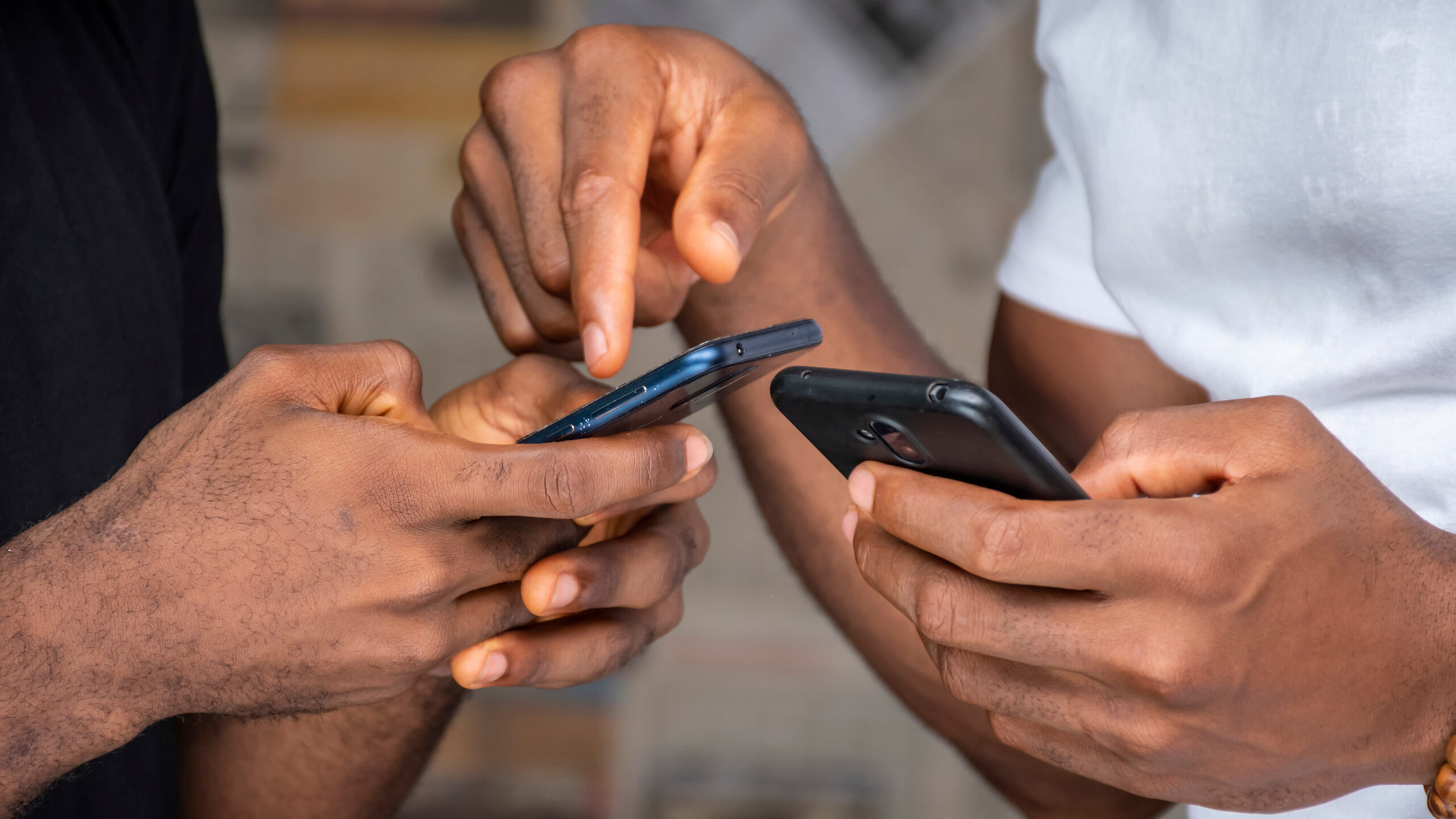Research and Development
Working life-oriented research, development and innovation (RDI) work is one of the basic tasks of Universities of Applied Sciences. The aims of the RDI activities include both renewing competence within Jamk and improving competitiveness in the working and business life.
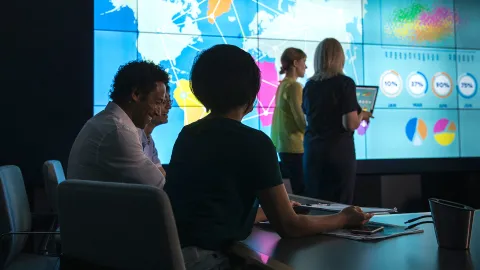
Jamk's growing volume of RDI
Jamk plays an important role in the implementation of RDI activities and Jamk is one of Finland's largest research and development actors in the field of universities of applied sciences. RDI activities respond to the demands of the operating environment by offering the latest information and expertise for the use of partners.
RDI activities are implemented in cooperation with customers and partners in Central Finland, elsewhere in Finland, and in international fields.
€21,4 million
240
880
700
2.
555
Jamk's Focus areas
Jamk has chosen the focus areas based on the needs of the operating environment and the gathering of the competences of Jamk and its partners into competitive centres of excellence. The focus areas are multidisciplinary, combining several of Jamk’s competence areas. The focus areas are growing and known at the national and partly also the international level. Each focus area has a significant education task, focused RDI activities and professional service business activities.
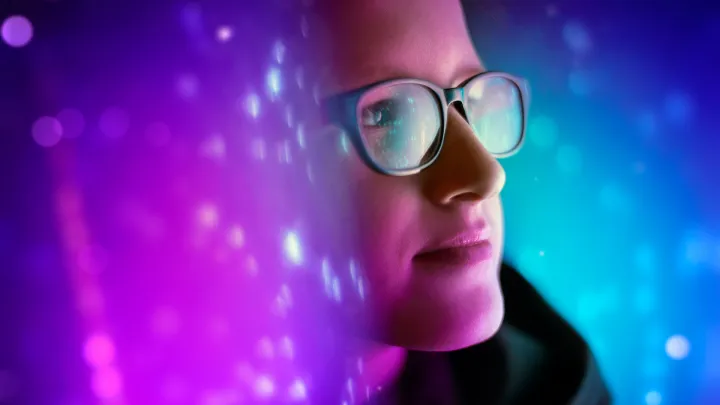
Cyber Security

Physical Activity and Well-being

Multidisciplinary Rehabilitation
Latest articles in Jamk Arena
Jamk Arena gathers our experts to write about research and development as well as current phenomena in their field.
Latest updates in Jamk's publications
Contact information

Mika Karjalainen

Petri Moilanen

Juha Hautanen

Piia Honkanen

Mirva Leppälä



